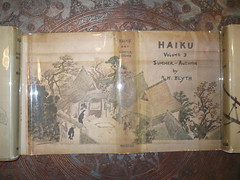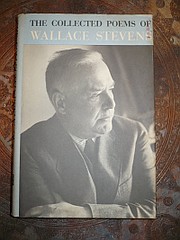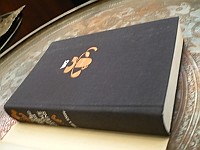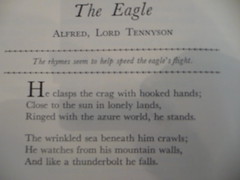Dear Readers,
Part 1: Collectible
“The history of mankind, as a history of the human spirit, may be thought of as consisting of two elements: an escape from this world to another; and a return to it. Chronologically speaking, these two movements, the rise and fall, represent the whole of human history; and the two take place microcosmically many times in peoples and nations…
The nature of haiku cannot be rightly understood until it is realized that they imply a revolution of our everyday life and ways of thinking.
…Haiku record what Wordsworth calls those ‘spots of time,’ those moments which for some quire mysterious reason have a peculiar significance. There is a unique quality about the poet’s state of feeling on these occasions; it may be very deep, it may be rather shallow, but there is a ‘something’ about the external things, a ‘something’ about the inner mind which is unmistakable. Where haiku poets excel all others is in recognizing this ‘something’ in the most unlikely places and at the most unexpected times.”
-- R.H. Blyth (selections from the prefaces)
Flying in by the bamboo-blind,
The swallow is tame
With the beautiful girl.
-- Ransetsu
The kingfisher;
In the clear water of the pond,
Fishes are deep.
--Shiki
In the spring breeze
The snowy heron flies white
Among the pine-trees.
--Basho
 .
. 
Haiku, 4 volume set of first printings, $200.
Part 2: Favorite
I
Among twenty snowy mountains,
The only moving thing
Was the eye of the blackbird.
II
I was of three minds,
Like a tree
In which there are three blackbirds.
III
The blackbird whirled in the autumn winds.
It was a small part of the pantomime.
IV
A man and a woman
Are one.
A man and a woman and a blackbird
Are one.
V
I do not know which to prefer,
The beauty of inflections
Or the beauty of innuendoes,
The blackbird whistling
Or just after.
VI
Icicles filled the long window
With barbaric glass.
The shadow of the blackbird
Crossed it, to and fro.
The mood
Traced in the shadow
An indecipherable cause.
VII
O thin men of Haddam,
Why do you imagine golden birds?
Do you not see how the blackbird
Walks around the feet
Of the women about you?
VIII
I know noble accents
And lucid, inescapable rhythms;
But I know, too,
That the blackbird is involved
In what I know.
IX
When the blackbird flew out of sight,
It marked the edge
Of one of many circles.
X
At the sight of blackbirds
Flying in a green light,
Even the bawds of euphony
Would cry out sharply.
XI
He rode over Connecticut
In a glass coach.
Once, a fear pierced him,
In that he mistook
The shadow of his equipage
For blackbirds.
XII
The river is moving.
The blackbird must be flying.
XIII
It was evening all afternoon.
It was snowing
And it was going to snow.
The blackbird sat
In the cedar-limbs.
--Wallace Stevens
 .
. 
The Collected Poems of Wallace Stevens, 1982 printing, $7.50
Part 3: Affordable and Interesting


Sections on rhythm, and rhyme, and the music of words. Each poem with a sentence to inspire thought about poetic technique.
The Poet’s Craft: Selected Verses, Daringer and Eaton 1935, $10.50

No comments:
Post a Comment